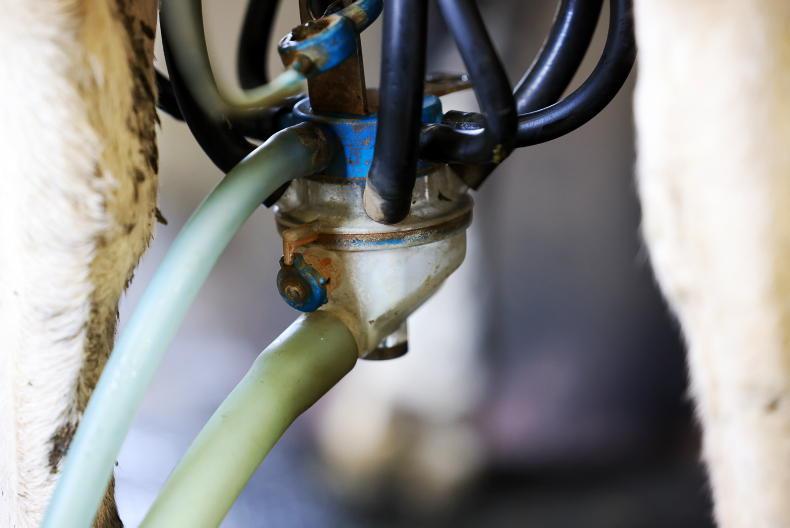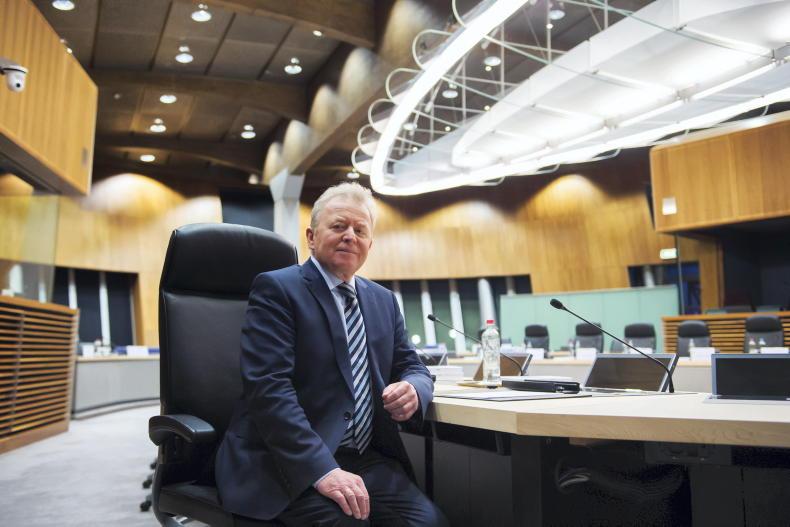European agriculture commissioner Janusz Wojciechowski used his address at the Committee of the Regions (CoR) last week to share his thinking on what the next CAP should look like.
This committee is an EU advisory body composed of locally and regionally elected representatives coming from all 27 member states.
As we have just entered the second year of the current CAP and the Commissioner is in the final months of his term, their relevance may be challenged, but, in reality, the foundations for the next CAP will be laid over the coming months.
The current Commission will have considerable impact on the basic framework, though the detail will be worked out by the incoming Commission and Parliament over the next couple of years.
Four S principle
The Commissioner stated that the next CAP will have to be rooted in the four-S principle: security, stability, sustainability and solidarity.
He explained that “we need to ensure security in the availability and affordability of food” and this was the primary function of agriculture.
Notably, he added that all future policy developments should be “based on a detailed analysis of potential impacts on agricultural activities and food security".
When he spoke of stability, he was referring to what he described as a “a significant safety net for farmers”, mentioning that in 2020 it accounted for 23% of farm income on average. For Irish beef and sheep producers, this figure is 100% in most cases.
He also spoke of the loss of farms in the EU some three million between 2010 and 2020. This has been a recurring theme of the Commissioner; he made the same reference in his first keynote to the 2020 EU outlook for agriculture conference when he had just come into office.
Sustainability and solidarity
No address on agriculture is complete without a strong reference to sustainability and the Commissioner duly obliged.
He spoke of the 23% reduction in emissions from 1990 levels with increased productivity and also referred to the financial commitment of €98bn between 2023 and 2027. He also made a pitch for improved risk management tools and a stronger agricultural fund to deal with extreme weather events and spoke of “crises are the new normal”.
His final S word was solidarity – an emotional word in his native Poland, as it was the title of the movement there that was an element of bringing down the Berlin Wall in the late 1980s.
In the present context, the Commissioner was referring to solidarity with farmers and spoke of the work already done on simplification and strengthening fairness in the supply chain.
In this context, the Commissioner raised the issue with imports meeting the same standards as required of EU production. He recognised that the EU couldn’t dictate to independent countries outside the EU what they had to do, but, as the biggest global importer of agri food, “we can use our influence”.
Farmers would expect no less from the commissioner for agriculture than strong sentiment - more S words - in favour of what farmers do and the support they require to farm in the way that the EU demands.
However, while the Commissioner’s heart is in the right place, in reality he has been kept on the margins of the big decisions by the college of commissioners during this term.
The Green Deal and Farm to Fork initiative at the start of the current Commission was led by then-vice-president Timmermans and the health commissioner, with the agriculture commissioner kept in the background.
As the term progressed, he became an increasing advocate for farmers and the CAP and has long campaigned for more CAP funding.
The political mix of the new Parliament will be different, as will the incoming Commission, and he should be using his final months to push for a more production focused and better funded CAP.









SHARING OPTIONS